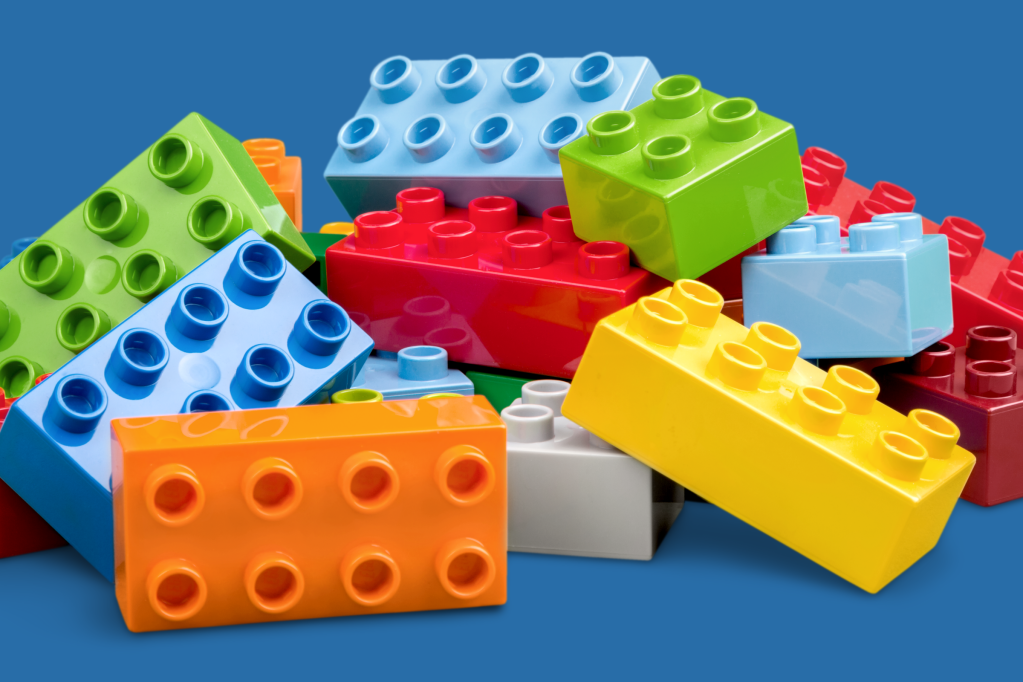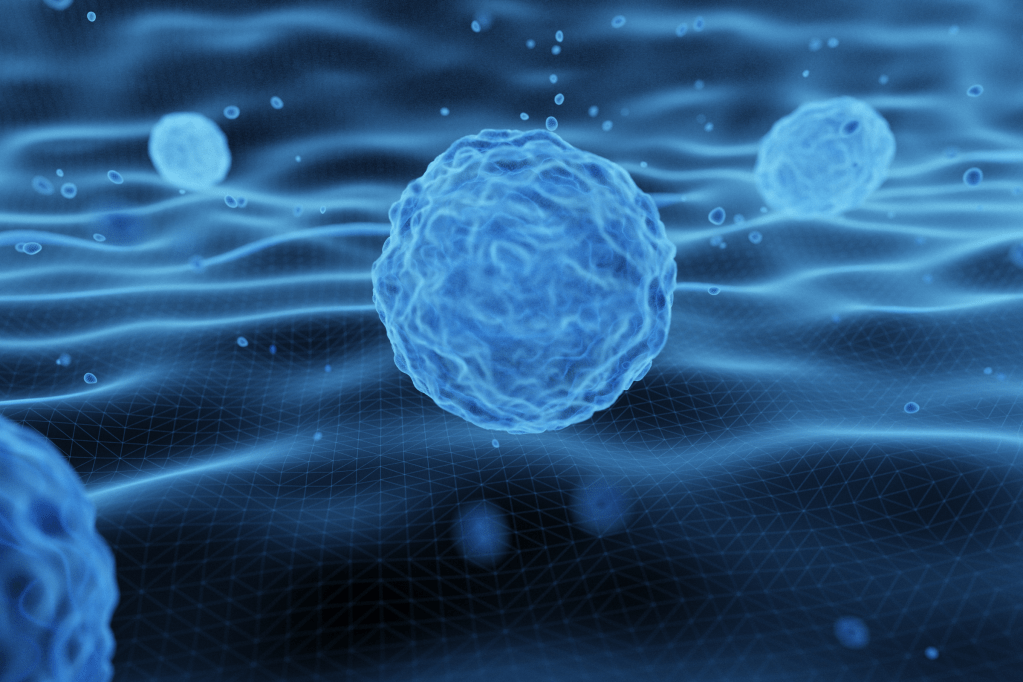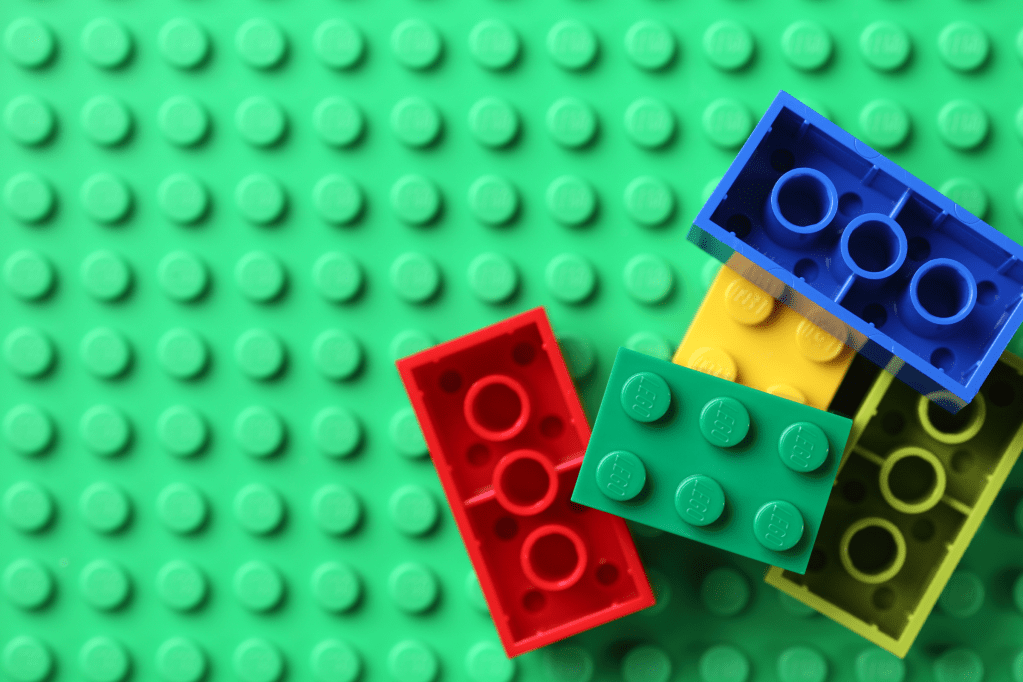
Explaining science is hard. Explaining stem cells, which have their very own unique complexities, can be even more of a challenge, especially when communicating with a non-scientific audience.
That’s why when we received this blog submission from a CIRM SPARK Program intern through UCSF’s High School Intern Program (HIP) explaining stem cells in a simple, straightforward way using Legos, we knew we had to share it with our readers.

Before we share the intern’s brilliant explanation of stem cells, here’s how the California Institute for Regenerative Medicine (CIRM) defines stem cells. These and other key terms can be found on our website:
The first thing to know about stem cells is that there is not just one kind. In fact, there are many different types of stem cells, each with very different potential to treat disease. There are various types of stem cells, including pluripotent, embryonic, adult, and iPSC (induced pluripotent stem cell).
Stem cells also have the potential to become other kinds of cells in the body. For example, embryonic stem cells can become many other kinds of cells, whereas adult stem cells, such as in fat, can only become bone or cartilage.
Now, the fun part! Here’s what the student shared in their prize-winning SPARK Program blog submission.
If someone were to ask me what stem cells are in a simple and perhaps figurative way now, I would say that stem cells are just like Legos. Legos are special building-blocks that are in a blank or default-like state, but can be something greater and unique on its own later on.

Similarly, stem cells are called “unspecialized cells” because they are yet to be “specialized” or become a certain type of cell. They can be a blood, brain, heart, and basically all types of cells respectively, with little to no exceptions. Moreover, not all Legos are built the same. Some can be regular block-shaped, while some can be circular or even triangular. Therefore, this limits Legos’ abilities to a certain degree. Similarly, not all stem cells are necessarily the same.
With just the right amount and type of Legos, you can easily assemble and build a house, a car, or whatever you could possibly think about. Similarly, the possibilities are endless with stem cells as well, which is why it’s truly a promising and key aspect in regenerative medicine today.
Bravo! In addition to creating a unique way of explaining stem cells during their internship, the student also learned how to differentiate the different types and sources of stem cells from one another through hands-on experience at a world-renowned institution.
The student added, “My newly-found interest in regenerative medicine and stem cells is definitely something that I’m looking forward to with great passion and knowledge moving forward.”
To learn more about CIRM’s internship programs, visit our website. To read another prize-winning blog submission from a SPARK intern, click here.